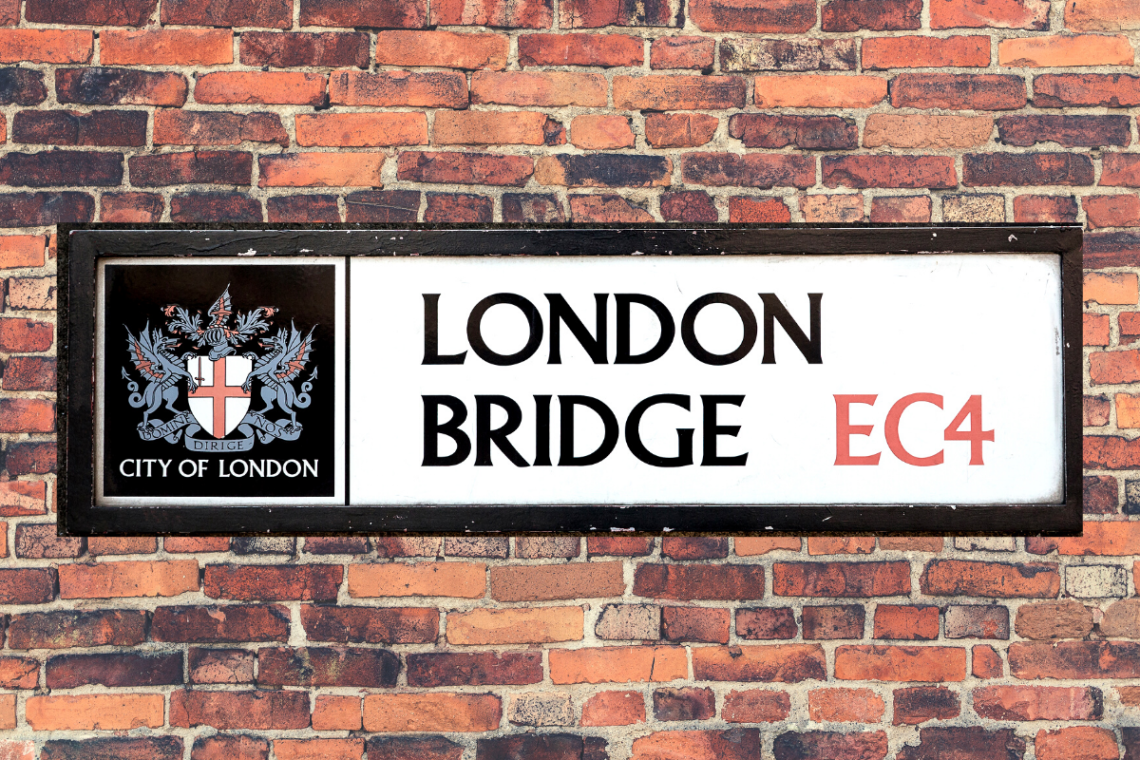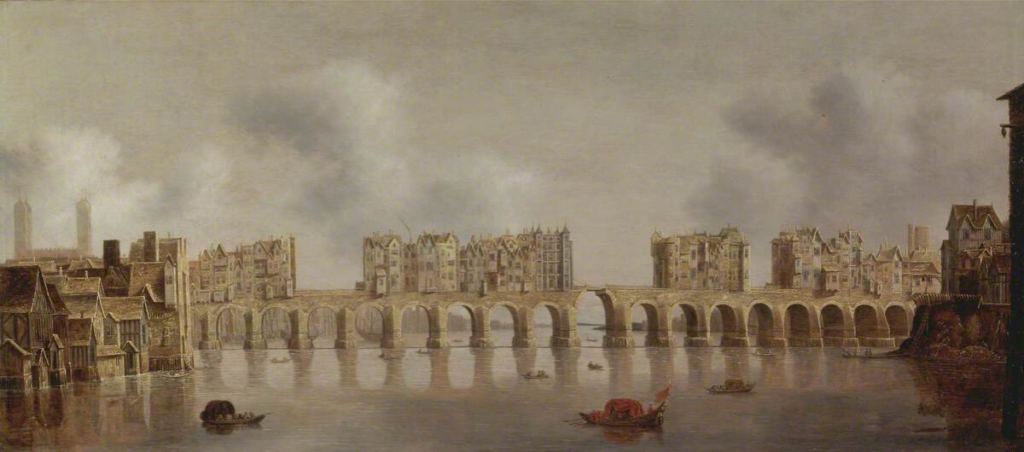
Déjà vu on London Bridge
Days ago I was strolling across London Bridge when I had a flash of inspiration. Do you think I am exaggerating? Perhaps, and yet I realised I knew that place; it had been a place in my soul since my childhood. How could that be, if I had not set foot in London until a short time ago, at twenty-six years of age? Someone who I used to know had crossed that bridge: he was a bard of the ancient world who sings in my ears all the time. He was singing for me that day too.
… As I walked out over London Bridge
Geordie (lyrics) sung by Joan Baez
One misty morning early,
I overheard a fair pretty maid
was lamenting for her Geordie…
The tune in my mind wasn’t exactly the same, it was the Italian version adapted by an Italian poet and singer-songwriter, named Fabrizio de Andrè. I had the feeling of being thrown back in time, to an indefinite age, cars and double-deckers gone, replaced by horses and carriages, only the bard and a woman stayed on the bridge to tell an old story.

A quick research on Google dampened in part my enthusiasm. The Old London Bridge was demolished in 1831. I didn’t get discouraged so easily, the new bridge is only 30 metres from the original one. A young woman is sitting there. I found out that the De Andrè’s Geordie, my one, is a reinterpretation of a British ballad with the same name. The legend exists in several versions. Indeed two distinct women are sitting on that old wall. Perhaps the first one truly existed (whatever “truly” means): she was the wife of a Scottish rebel aristocrat. A desperate ride brought her in front of the Edinburgh court, where her love in irons was about to be put to death. Her devotion and a splendid ransom moved the king’s heart. She laughed, triumphant, and her husband, whom she bought back at a very high price, paid homage to her:
“The fairest flower o’ woman-kind
Geo. R. Kinloch, Ancient Scottish Ballads , see link p. 187 (pp.186-194)
Is my sweet, bone Lady!”

The other one, her unlucky sister, is more challenging, her story moving and memorable. The English-speaking people combined a more heart-rending and human story with that nebulous Scottish legend. Joan Baez and De André sing that story: a man went hunting in the lands of the king, out of hunger or rebellion. For that, he was sentenced to death. The tale is every time different, every time the same. The fair maid had three or seven children, the last one maybe unborn; she was married or was so young that she was unknown to man. Her husband stole six or sixteen animals, they were deers or horses. She cries always for the same man, noble or poacher, his name was Geordie. The Old London Bridge was demolished on 1831, but who could affirm that the new one is more real? Is it more tangible the bridge made of bricks and cement or the one made of all the faceless women’s tears who cried over a Geordie killed by an inflexible and cruel law? Which one will last longer?
Here you can find Geordie’s ballad sung by Joan Baez (1962) and here the Italian version by Fabrizio De André (1966). The ballad’s original version is in Child’s Ballads #209.

Elementary, My Dear Watson!

I Count My Blessings
You May Also Like

Curious Notions
11th November 2016
Elementary, My Dear Watson!
28th July 2015